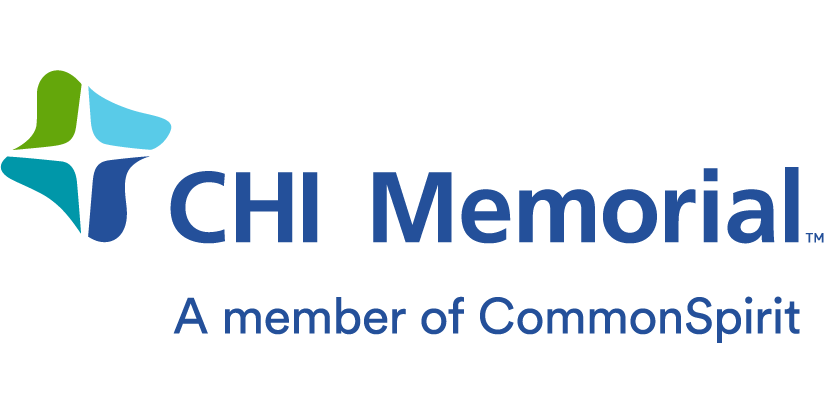Making a colonoscopy appointment isn’t anyone’s idea of fun. In fact, an estimated 40 percent of people at risk for colon cancer refuse or never consider screening, despite the effectiveness and simplicity of the 30-minute procedure. Two common themes for this aversion are fear of the procedure and the perception that it isn’t really necessary.
From drinking liquid bowel preparation to the act of the procedure itself, the concept of a colonoscopy can be quite daunting. Thankfully, newer technologies have both reduced the amount of liquid prep to drink (about two liters) and improved its flavor. Advancements in technology have also miniaturized colonoscopy equipment and modern procedures almost always occur under sedation.
Many people view colonoscopies as an unnecessary measure. Since they have no history of colorectal cancer nor any active symptoms, they believe it to be a waste of time and money. Colorectal cancer is the third most common cancer-related cause of death in the U.S. About 150,000 Americans develop the cancer each year, and 85% of the patients have no family history of the disease. What’s more, symptoms are not usually present in patients until later stages of colorectal cancer. That’s why screening prior to apparent symptoms is so important – it increases the odds of your doctor finding potentially cancerous polyps when they can be removed quickly and easily.
Despite people’s hesitation, colonoscopies are a simple, painless test that most don’t remember after undergoing the procedure. The high statistics of colorectal cancer deaths are directly related to the lack of colonoscopies performed. Doctors recommend screening based on the patient’s age and risk level:
- Average risk: People with no history of colorectal cancer, polyps, or abdominal radiation. Start regular screening at age 45.
- Increased risk: People with one or more family members with colon or rectal cancer, have certain types of polyps removed, or a history of abdominal/pelvic radiation. Start screening before age 45 and with increased frequency.
- High risk: Racial and ethnic background is a contributing factor. African Americans have the highest colorectal cancer incidence and mortality rates of all racial groups in the U.S. People with inflammatory bowel disease (Crohn’s disease or ulcerative colitis) or inherited gene mutations, such as Lynch syndrome, are also predisposed to the disease. Start screening every 1 to 3 years after the initial diagnosis.
If you’re unsure whether you should consider a colonoscopy, reach out to your physician for further guidance. Colonoscopies are a preventative measure that have reduced the risk of colon cancer by an estimated 77 percent over the last decade. Remember— the benefits are greater than your fear.




